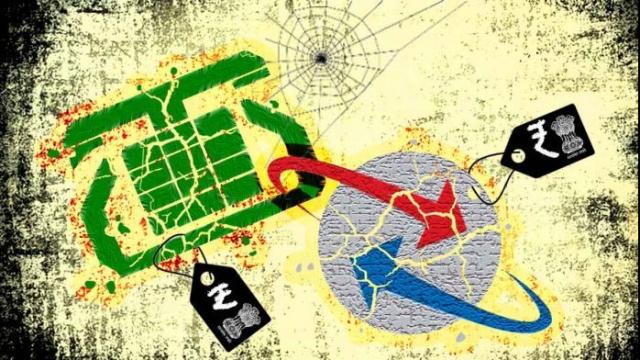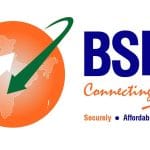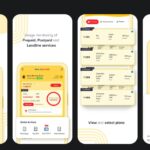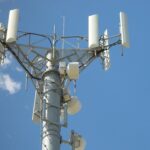State-owned telecom operator BSNL which operates in 20 circles had its license expire on 28th Feb this year and had been continuing to provide services on an ad-hoc basis since 29th Feb. DoT has now granted BSNL a fresh Unified License (UL) with 20 years validity effective from 29th Feb 2020 across all 22 circles including Mumbai and Delhi circles which were until now served by MTNL.
BSNL held non-liberalised spectrum in the 900 MHz and 1800 MHz bands which it could only use for providing 2G services. Now after the grant of the new UL, all of BSNL’s spectrum in these two bands has become liberalised and can be used to offer 3G or 4G services as per the operator’s discretion. BSNL’s spectrum holding in the 2100 MHz and 2500 MHz bands was already liberalised since the time of allotment.
Also Read: Pan India Spectrum holding chart 2020
Among the private operators, only Reliance Jio has its complete spectrum holding across 3 bands liberalised while Airtel and Vodafone Idea which hold spectrum across 5 bands each, still hold some non-liberalised spectrum in the 900 MHz and 1800 MHz bands which is valid till 2024 and 2026.
Under the new UL, BSNL will be able to provide services such as voice telephony, national long distance (NLD), international long distance (ISD), very-small-aperture terminal (VSAT), and the Public Mobile Radio Trunking Services (PMRTS) services on a Pan India basis.
BSNL has been authorised to cover “local areas served by Delhi, Ghaziabad, Faridabad, Noida and Gurgaon telephone exchanges” and also “local areas served by Mumbai, New Mumbai and Kalyan Telephone exchanges” which were until now served by MTNL.








10 replies
Loading new replies...
Join the full discussion at the OnlyTech Forums →